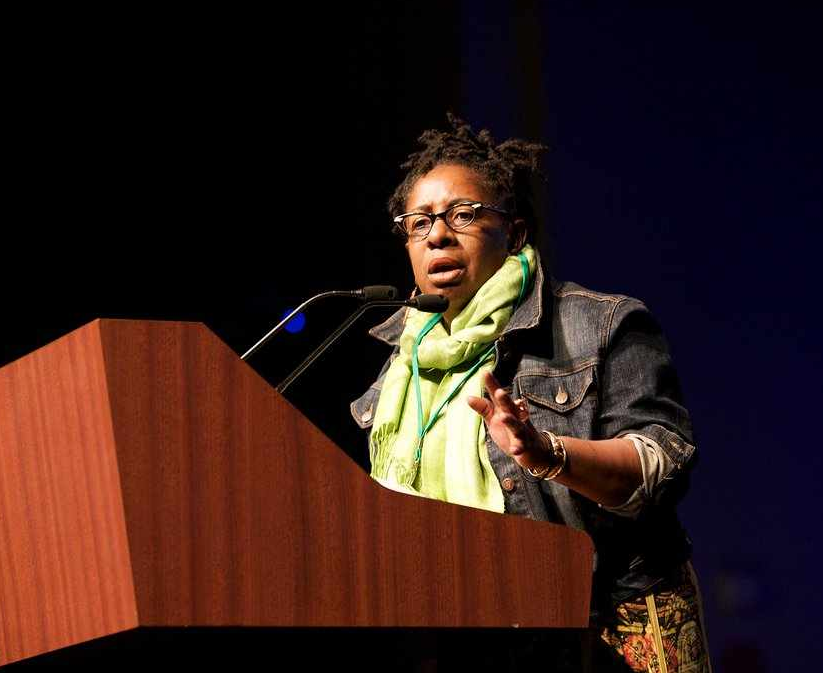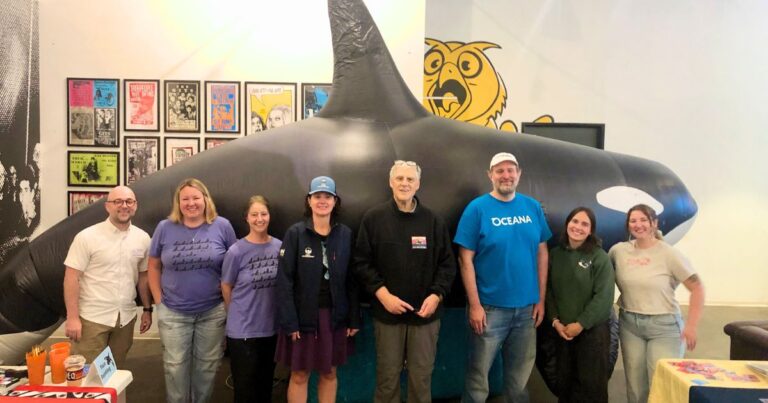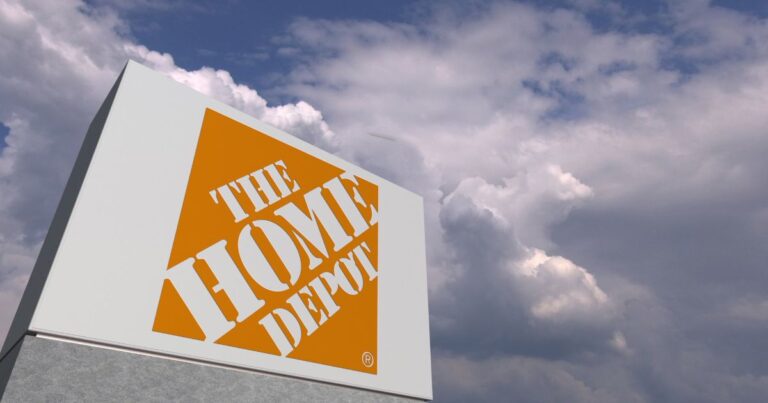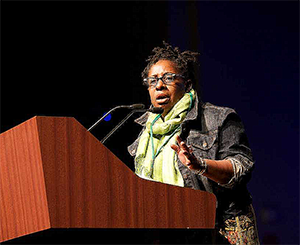
Recently, I was asked to share a faith message on environmental justice, for the Season of Creation-Mother Earth Sunday, at the Episcopal Church of Saints Andrew and Matthew, located in Wilmington, Delaware.
The minister of the church told me the service would include a baptism of a baby boy. I am not a theologian, but I must say, the request allowed me to delve deeper into my faith walk as it relates to Creation. I, too, was baptized in the Episcopal Church as a baby. Now I wonder, if that is how my reverence to stand for Mother Earth and her children began.
What does it mean to be a good steward?
The Season of Creation in the Episcopal Church is a time designated in the liturgy to celebrate God, the Creator and the wonders of the Creation. It is now time to confess our wrong doings and make them chance to make it right. That is the liturgy that is celebrated around the world.
In the 1980s, the terms “environmental justice” and “environmental racism” evolved out of a study, Toxic Waste and Race in the United States: A National Report on the Racial and Socio-Economic Characteristics of Communities with Hazardous Waste Sites, funded by the United Church of Christ. The study lead to the birth of a social movement that humanized global environmental issues, and calls for justice to the places where we live, play, learn, work and worship.
The environmental justice/people of color movement, was formed by impacted community leaders, farmers, advocates, academics, laborers, scientists, faith leaders and many others all calling for redress of the disproportionate burden of pollution and extractive forces known to be responsible for chronic illness, death and disasters. Unfortunately, today, because of toxic contamination, land loss, land grabs and exploitation, many indigenous peoples have been robbed of their cultural practices.
[pullquote]Some faith communities in the U.S. can no longer perform religious rituals such as baptismal in local water bodies.[/pullquote] Communities such as those in the Deep South, Arctic and Appalachia, no longer have the pristine water bodies they once had; many are now contaminated with carcinogenic chemicals such as dioxins, resulting from refineries, offshore oil drilling, fracking and uranium mining. In addition, the faith of the individuals has been tried and tested over and over again, due to the disproportionate increase of chronic diseases and deaths found to be linked, associated with or exacerbated by toxic chemicals. Increase in disasters has left many around the world homeless and in poverty, desperately seeking clean water and food.
How can we celebrate the Creator and wonders of creation knowing that we have enacted a policy, known as the Toxic Substance Control Act, a federal policy that has allowed for over 80,000 chemicals to be released with only less than two percent of them being required by the U.S. Environmental Protection Agency to be tested? How is it that we have banned lead from gasoline, but allow for it to be in lipstick?
How is it that we allow for an industry to be granted “human rights” while ignoring and/or violating a community’s right to health, privacy and safe from threats of chemical disasters? How did we allow the family farming to be replaced with industrialized agro-businesses that have altered seeds with toxic chemicals for our nation’s food supply? How is it that we have allowed for the air, water and land to be so saturated with toxic pollution that we have altered the climate, thereby causing disastrous weather patterns and events?
Is this being a Good Steward?
What can you do to be a good steward?
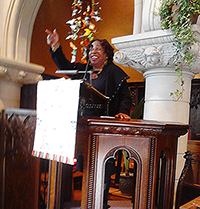 Good stewards are needed to help us call on policy makers to take immediate action on all dangerous chemicals threatening the health and well being of communities. Good stewards say that industries must be held responsible for their chemicals and products. Good stewards help assure that best science is made to protect the most vulnerable.
Good stewards are needed to help us call on policy makers to take immediate action on all dangerous chemicals threatening the health and well being of communities. Good stewards say that industries must be held responsible for their chemicals and products. Good stewards help assure that best science is made to protect the most vulnerable.
The good news is legislation is moving in Congress to reform the Toxic Substances Control Act. But we need to make sure that it is strong reform–it should address the needs of the environmental justice community, including fast action on legacy chemicals and action on “hot spot” communities. It should address the aggregate and cumulative impacts of chemicals where possible. It is my belief that caring for the most vulnerable honors all of Creation. That is being a good steward!
Join our email list for tips and action alerts.
Fight with us for environmental justice in all communities.
Fight with us for environmental justice in all communities.

